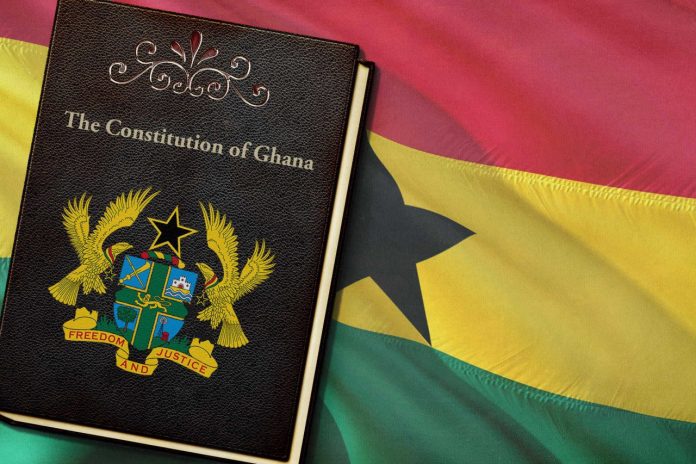Supreme Court nominee, Justice Senyo Dzamefe has said he does not know what interpretation to give to the two-term presidential limit, apart from serving the two terms as the constitution states.
He makes the point that what the Constitution says is what should be done. Hence, if the constitution says two terms, then a president can only serve two terms.
“What the constitution says is what must be done; if the constitution says two terms, I don’t know what interpretation can be put to it,” he said during his vetting by the Appointments Committee of Parliament on Monday, June 16.
He stressed “Mr. Chairman, the honourable member referred to the constitution, and that is what the constitution says. So I can’t have anything against what is in the constitution.”
In other developments, Justice Dzamefe disclosed to the committee that he has declared his assets.
He said that for as long as the Constitution says public office holders must declare their assets, the justices of the apex court must comply.
“If the constitution says all public officers must declare their assets, Supreme Court Justices must comply. I have declared my assets,” he said.
Also, Justice Dzamefe, indicated there must be more courts across the country. He argued that more courts will ensure that cases move faster.
“There must be more courts so that cases move faster, the more courts we have, the better for us
If cases are disposed of early, I am for it,” he said.
He further agreed with the point that there is a link between economic development and expedited court cases.
He expressed the view that when cases move faster, it helps the investor community to plan properly.
Asked by Bawku Central lawmaker Mahama Ayariga whether there is a direct relationship between the rule of law and access to justice on one hand and expeditious court cases on the other hand, Justice Dzamefe said, “I will agree that the faster the cases go, the better for the investor community, and there is trust. But that doesn’t open the flood gate for more judges, it should depend on the exigencies.”
Justice Dzamefe also stated that he does not support the suppression of investigative journalism, even in efforts to safeguard the image and dignity of the judiciary.
He emphasised he could not recommend such a thing once an investigative journalist was doing a thorough job.
“Generally, I wouldn’t recommend repression,” he stated in response to a question on whether he would recommend suppression of investigative journalism to protect the dignity of the judiciary.
“Any investigative journalist who wants to do a thorough job—once it’s true, why would I recommend suppression? Once it’s fair, fine.”












